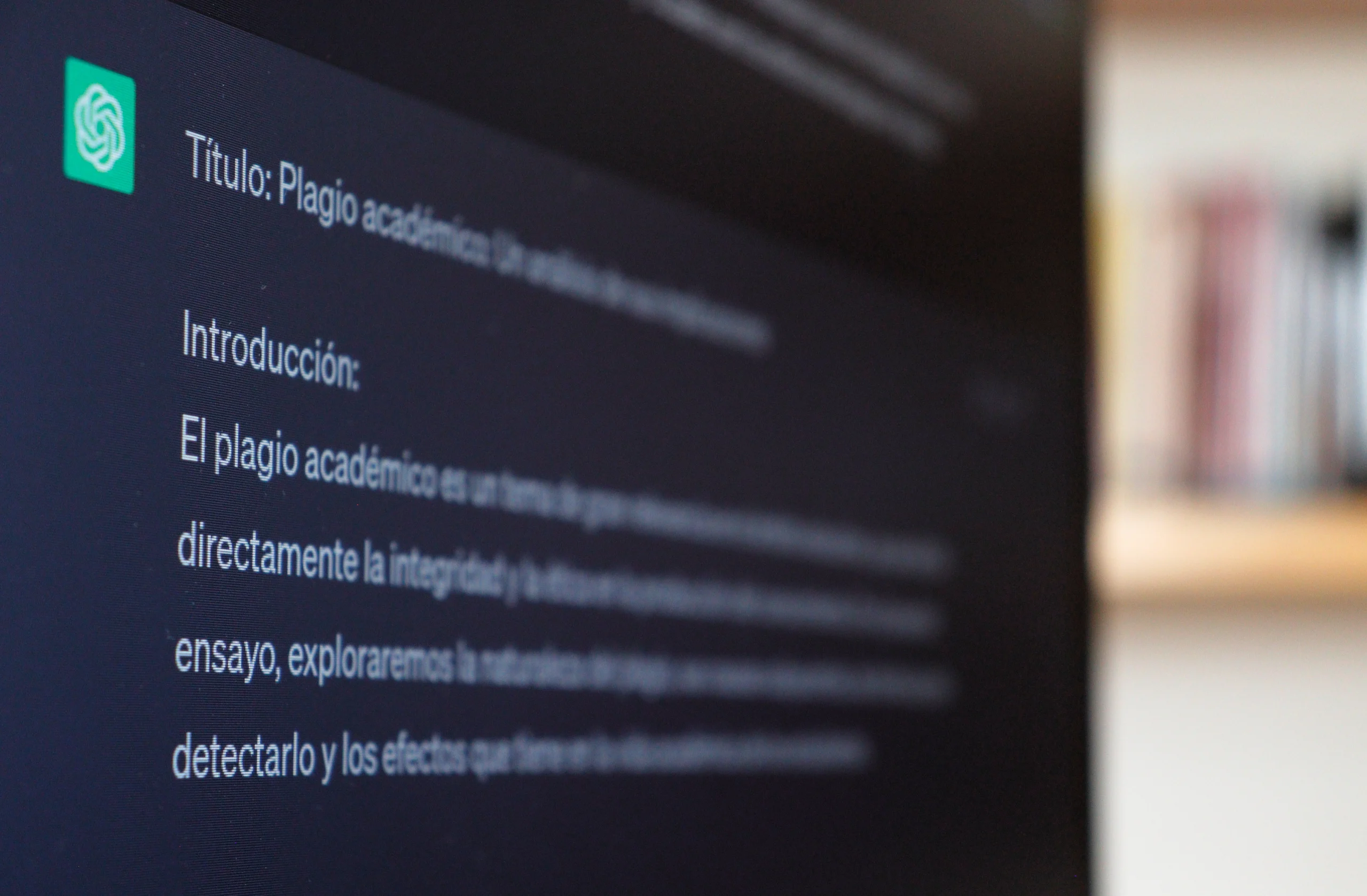In a recent session held by the United Nations Human Rights Council, the UN Working Group on Business and Human Rights emphasized the critical need for states and businesses to align the procurement and deployment of artificial intelligence (AI) systems with international human rights standards. The group warned that non-compliance could lead to severe rights violations.
The Growing Use of AI
– UN experts have observed a notable increase in the use of AI systems across both public and private sectors globally.
– A report was presented highlighting the necessity of adopting the UN Guiding Principles on Business and Human Rights as a foundation for AI regulation.
– Without a proper regulatory framework and due diligence, AI could negatively impact human rights, leading to issues such as discrimination, privacy breaches, and limitations on free speech.
– The experts urged both sectors to conduct human rights assessments and ensure transparency and accountability if violations occur.
Current Legal Frameworks
– Experts noted that some countries, like those in the European Union, have enacted binding legislation on AI threats, such as the Artificial Intelligence Act.
– However, the existing regulatory framework is fragmented and lacks uniform standards and definitions.
Recommendations for Integration
– The report suggested integrating the UN Guiding Principles into AI regulation, procurement, and deployment by countries, businesses, and stakeholders.
– For governing bodies, the UN group recommended establishing a legal and policy framework for AI that adheres to a human rights approach:
– Prohibit AI systems incompatible with human rights, such as those used for mass surveillance, real-time facial recognition, and predictive policing.
– Promote cooperation in AI governance and ensure representation from Global South countries.
– Provide access to judicial and non-judicial remedy mechanisms in cases of human rights abuses.
Business Sector Responsibilities
– The UN experts emphasized the importance of rigorous human rights due diligence by businesses.
– Establish accessible grievance mechanisms for individuals affected by AI-related abuses.
AI’s Dual Nature: Benefits and Challenges
– The rapid evolution of AI has led to its widespread use in fields like defense and communication.
– However, its utility also poses challenges concerning the rule of law, ethics, and human rights.
– UN experts previously expressed concerns about AI misuse in armed conflicts and called for a slowdown in AI development.
– The UN High Commissioner for Human Rights warned against weaponizing AI to spread disinformation and restrict press freedom.
Societal Implications
– The challenges have sparked debates over potential harms AI could inflict on society, including impacts on the judicial system, political opinions, information integrity, and personal data privacy.
– One proposed solution is to create special regulations that allow effective AI governance without hindering technological innovation.
Note: This article is inspired by content from https://www.jurist.org/news/2025/06/un-says-use-of-artificial-intelligence-must-comply-with-international-human-rights/. It has been rephrased for originality. Images are credited to the original source.








